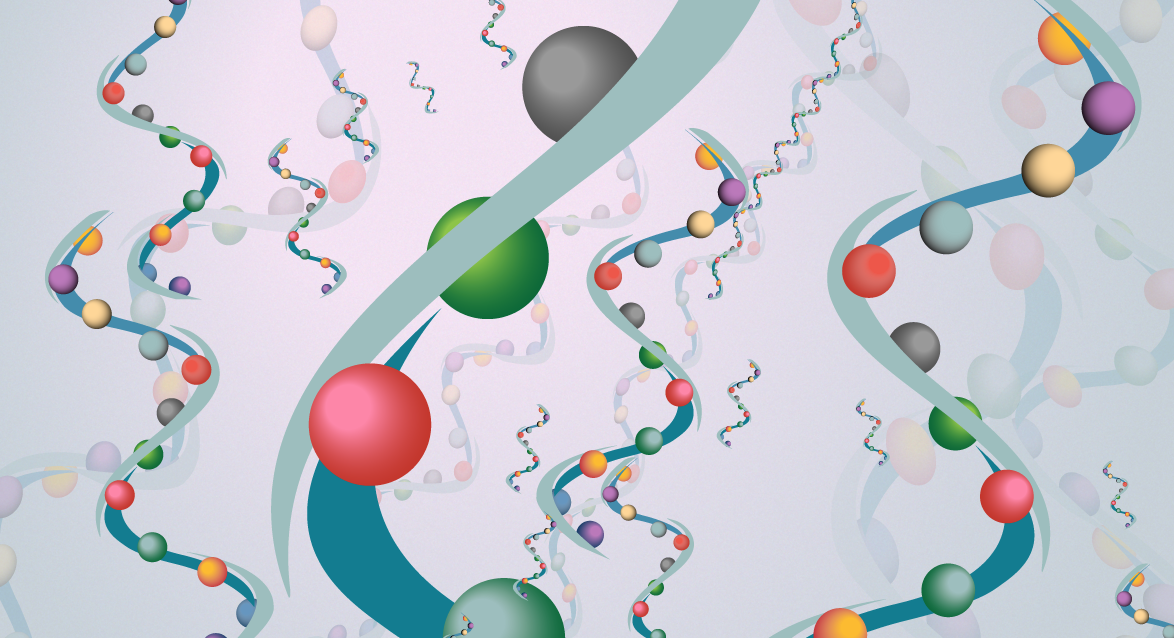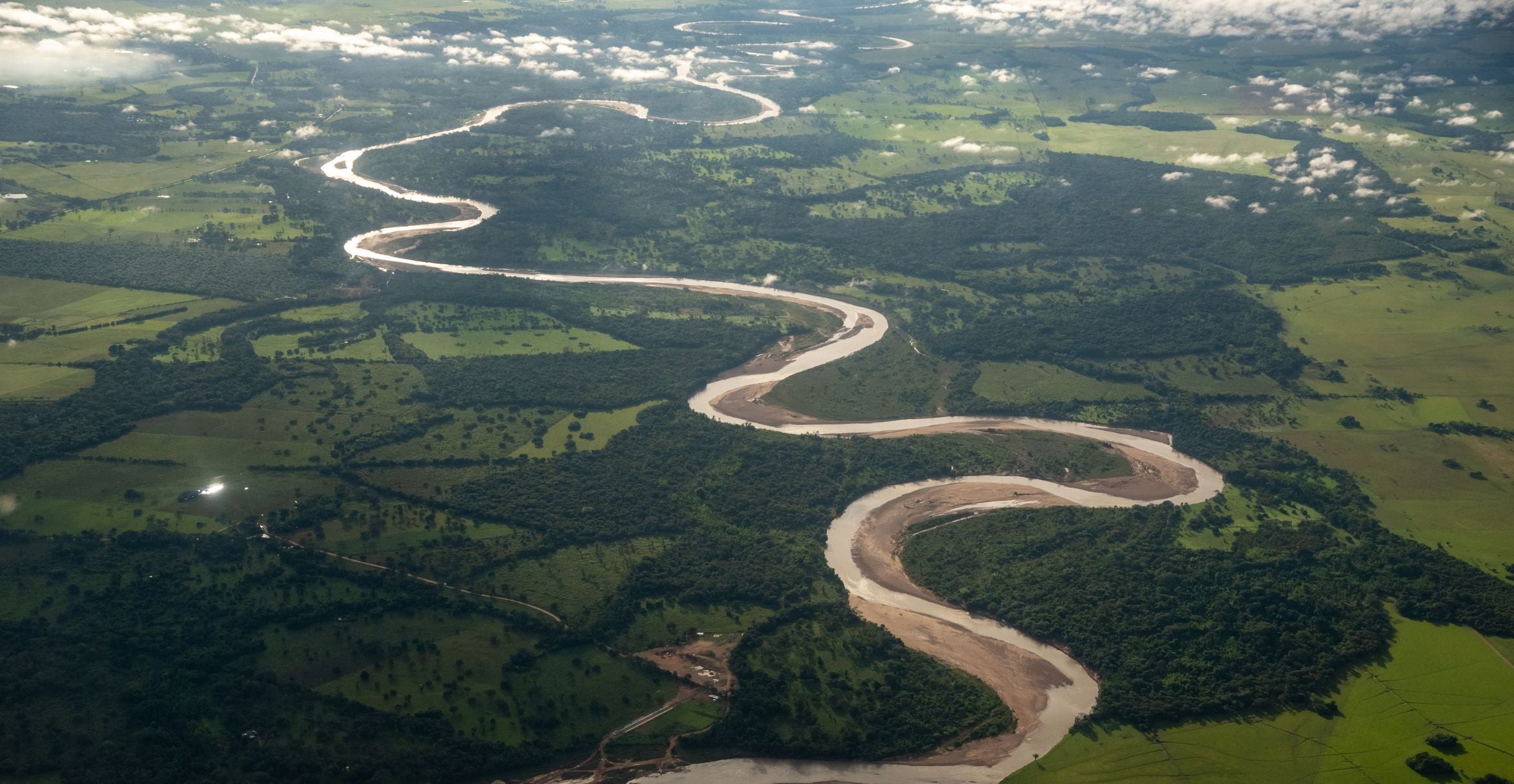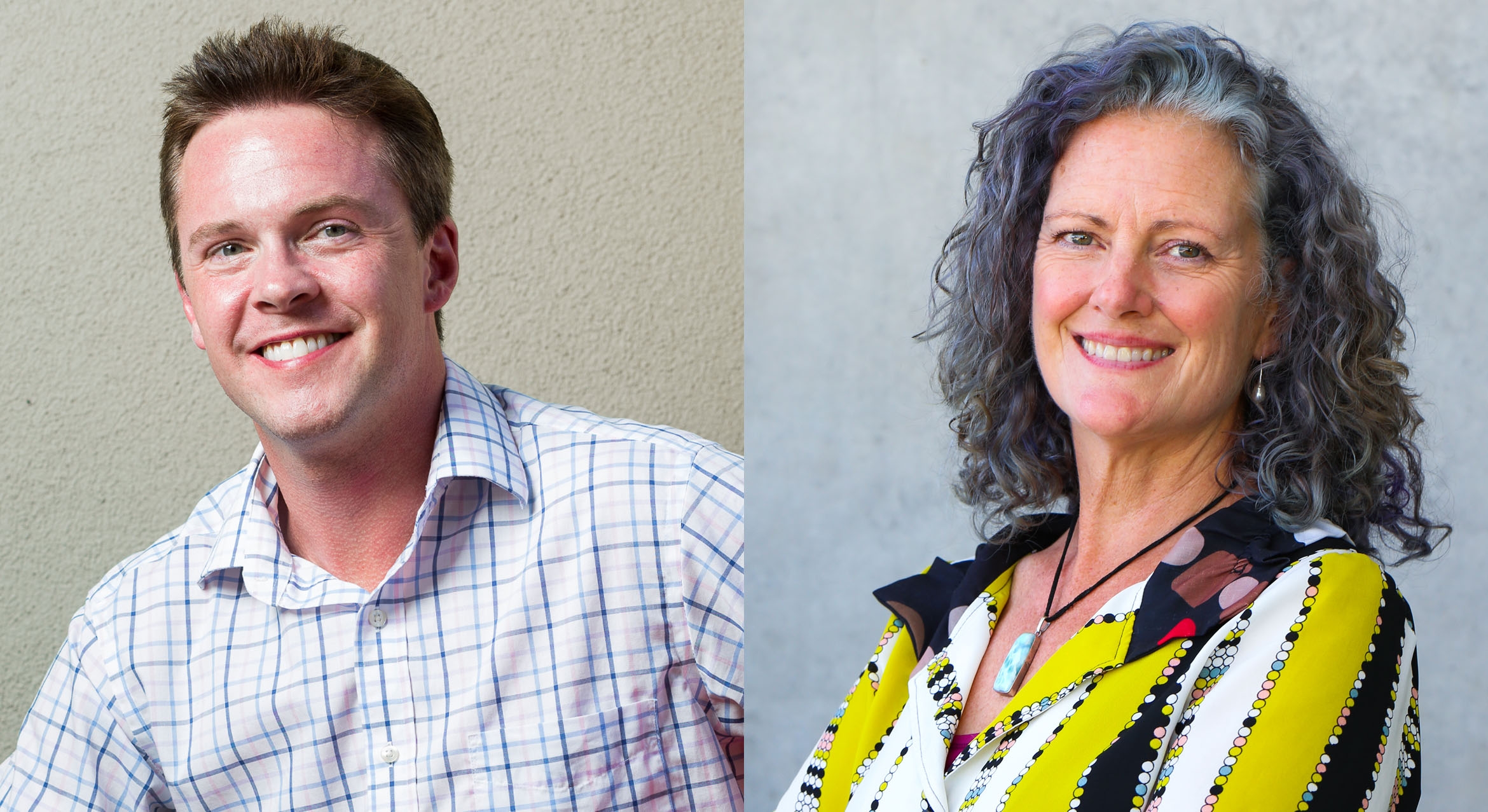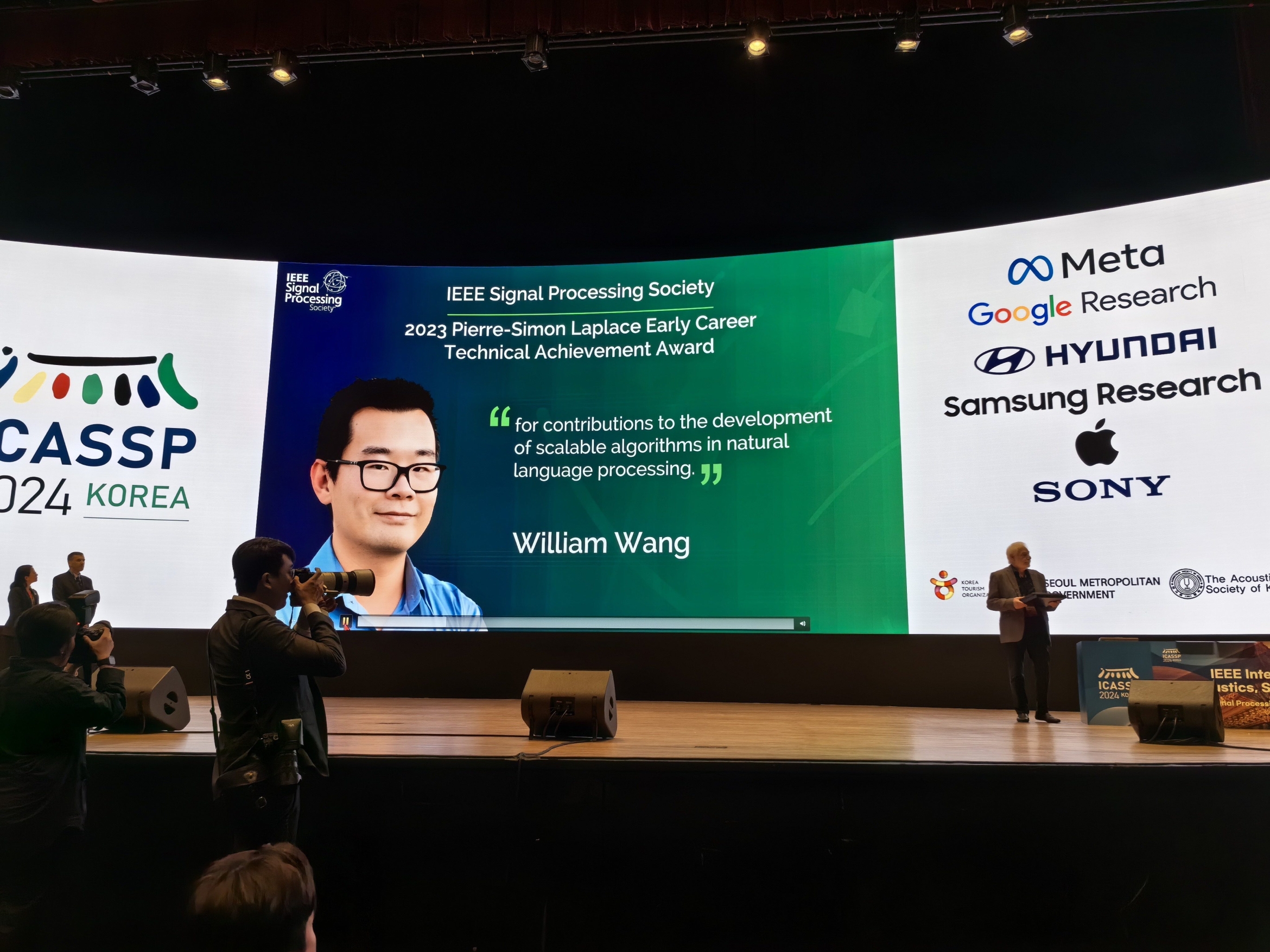Food from the Sea

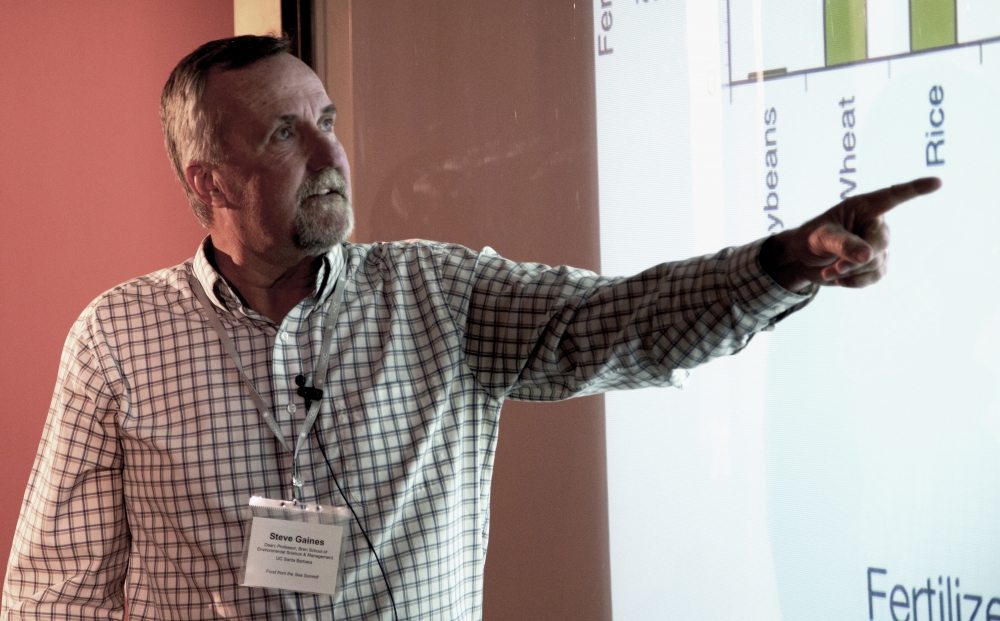
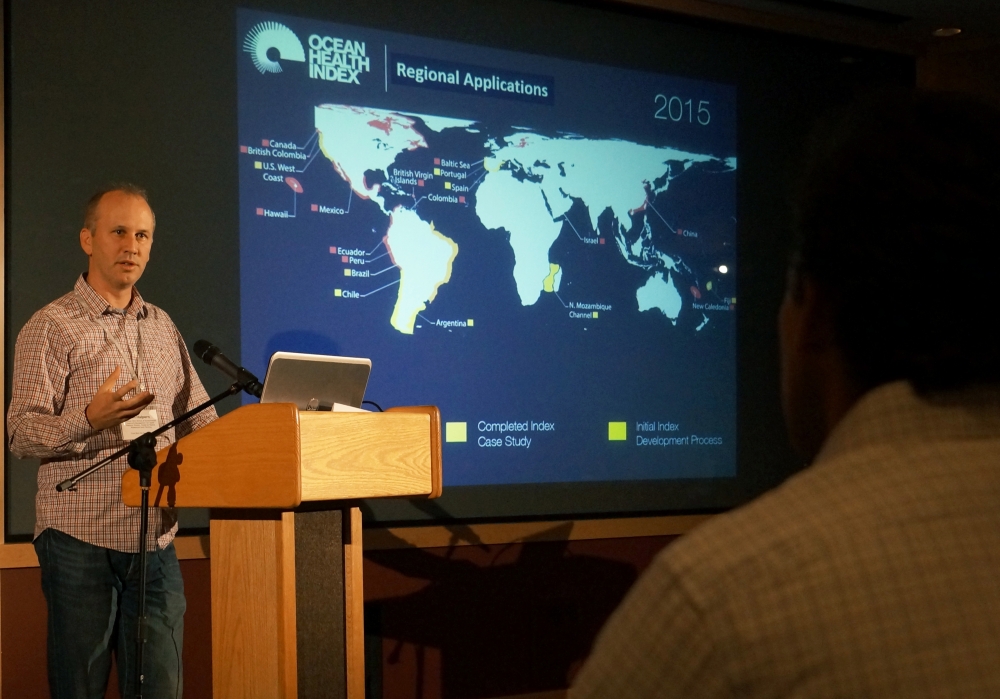
With a world population on track to hit 9 billion by 2050, the global demand for food is expected to explode apace. By some estimates, the demand for animal protein alone is projected to grow as much as 80 percent over that same 35-year period.
How will such ballooning needs be met? Is it even possible to do so without depleting ecosystems and decimating the environment?
A research conference held at UC Santa Barbara examined exactly that problem with an eye toward potential solutions — specifically those answers that may be found in the ocean.
“That’s a whopping amount of additional food to be produced, and the path that we take to meeting this demand really matters,” said Steven Gaines, dean of UCSB’s Bren School of Environmental Science & Management, during the first-ever Food from the Sea Summit. “Trying to produce that much food from land creates a big set of problems in terms of environmental impacts.
“But,” Gaines added, “fixing fisheries, in most cases, lowers the environmental costs while increasing food production.”
How to fix overexploited fisheries and how to capitalize on the potential for aquaculture to play a key role in future food production — and how to do it all sustainably — were the central subjects on the table at the convening of scientists and experts from across the University of California and beyond.
Faculty from UC campuses including Davis, San Diego and Santa Cruz, in addition to Santa Barbara, gathered at the Food from the Sea Summit to share research past and present and, ideally, to spark new projects and inspire systemwide collaborations. The event was part of the UC Global Food Initiative, which is harnessing the UC’s collective excellence in research, outreach and operations in a sustained effort to develop, demonstrate and export solutions — throughout California, the U.S. and the world — for food security, health and sustainability.
The summit’s robust array of presentations covered, among other subjects, the seafood trade deficit and legal challenges for aquaculture production; ocean industrialization and ecosystem-based approaches to food security; the socio-ecological benefits and impacts of aquaculture; and predicting environmental tipping points to inform ecosystem management.
Ben Halpern, director of the Center for Marine Assessment and Planning, and a Bren School professor, presented recent results from the Ocean Health Index (of which he is lead scientist) that quantify the health of the ocean and the role of seafood in those assessments. He also offered a preview of a nascent effort that will use data from that index, and myriad other sources, to further illuminate the role of seafood in human health beyond the common focus on protein needs.
“We want to try to understand how changes in the marine environment impact abundance of seafood, which impacts catch, which impacts consumption, which impacts nutrition and, ultimately, human health,” Halpern, who is also an associate at the UCSB-based National Center for Ecological Analysis and Synthesis, told summit participants. “The goal is to link, from start to finish, how changes in the marine environment affect human health. It’s an area that is so big, we welcome your collaboration.”
Speaking about fisheries reform and the potential global benefits — in food production, economics and conservation — of recovering wild fisheries, UCSB’s Christopher Costello was optimistic about what progress can be made.
“This is one of these rare environmental challenges where the triple bottom line really is possible,” said Costello, a professor of environmental and resource economics at the Bren School and co-founder, with Gaines, of UCSB’s Sustainable Fisheries Group. “There is almost always some tradeoff between the economy and the environment but that’s not really true in fisheries. They’re pretty well aligned and I think that makes for a pretty compelling story. And I think it also suggests we ought to do something.
“Cross-disciplinary collaborations are really essential to getting this stuff right,” added Costello, lead principal investigator for the Food from the Sea project, echoing the spirit of the day. “Putting all these things together with the human health side and other dimensions can help provide a much richer picture of what we ought to do and what the consequences of those actions are likely to be.”
Also presenting at the summit were Bren School’s Hunter Lenihan, director of the new Sustainable Aquaculture Research Center; Lisa Levin, of UC San Diego’s Scripps Institution of Oceanography; Amro Hamdoun, also of Scripps; Alan Hastings, of UC Davis; Marc Mangel, of UC Santa Cruz, and director of the Center for Stock Assessment Research; and Read Porter, a senior attorney with the Environmental Law Institute.
